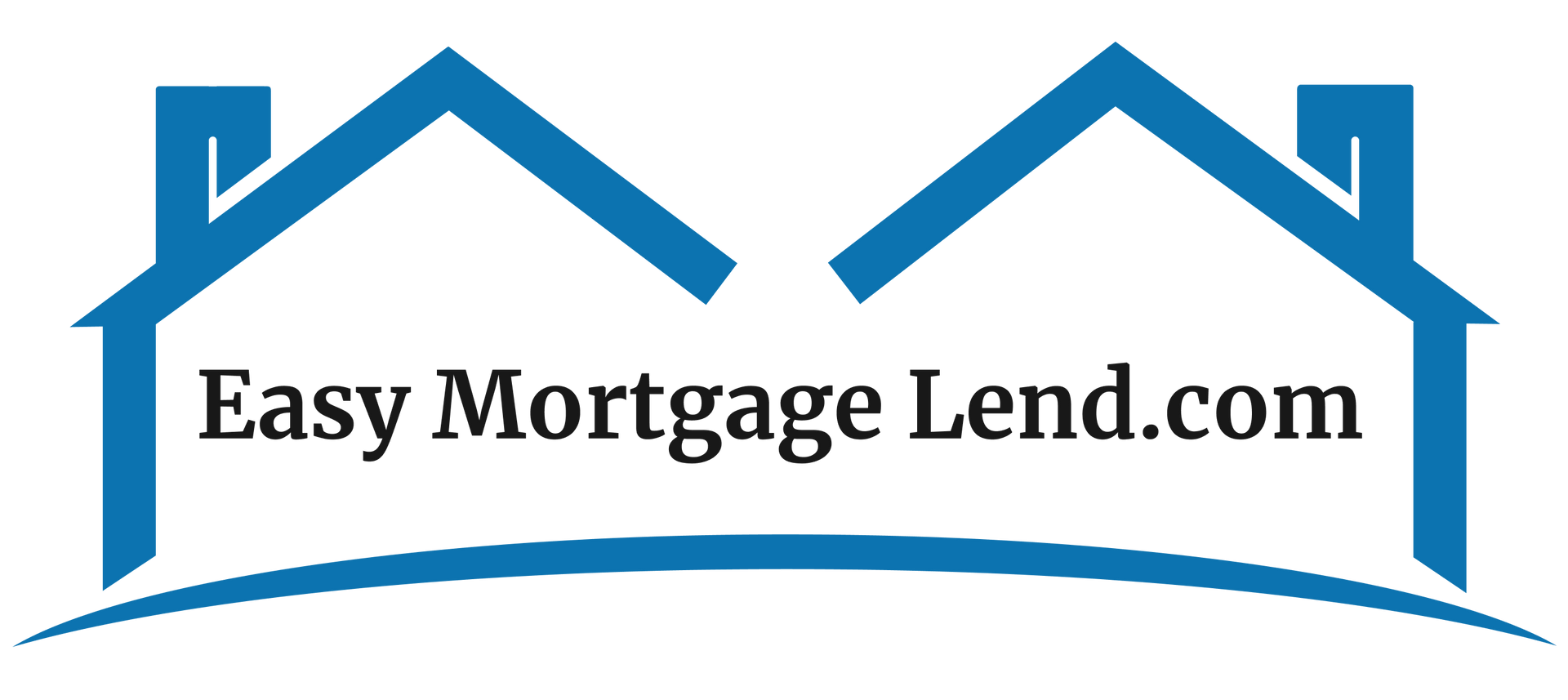Demystifying Mortgage Rates: A Comprehensive Guide to Understanding Your Options
Navigating the world of mortgage rates can be daunting, especially for first-time homebuyers. With numerous options and various factors affecting these rates, it's essential to have a clear understanding of what you're signing up for. In this comprehensive guide, we demystify mortgage rates to help you make informed decisions and find a mortgage that best suits your needs. Don't hesitate to contact us today for personalized assistance and guidance!
Fixed-Rate Mortgages: Consistency and Predictability
One of the most popular mortgage options is the fixed-rate mortgage. With this type of mortgage, the interest rate remains the same throughout the entire loan term. This means that your monthly mortgage payments will never change, providing you with financial stability and predictability.
Fixed-rate mortgages can be advantageous for those who value consistency and prefer to budget a set amount each month without dealing with fluctuations in interest rates. However, the downside is that if the market interest rates drop, you'll be stuck paying a higher rate until your mortgage term is up.
Adjustable-Rate Mortgages: Flexibility and Potential Savings
For those who are more comfortable with taking some risk or are looking for potentially lower interest rates, adjustable-rate mortgages (ARMs) might be an attractive option. ARMs come with an initial fixed-rate period, typically lasting 3-10 years, followed by a variable rate that resets periodically based on market conditions.
ARMs can provide potential savings if the market rates decrease during the adjustable rate period. However, the risk is that if the market rates rise, your monthly payments will increase as well. It's essential to carefully evaluate your ability to handle potential payment fluctuations when considering an ARM.
Factors Affecting Mortgage Rates
Several factors come into play when lenders determine mortgage interest rates. Understanding these factors can help you make more informed decisions and possibly improve your chances of securing a favorable rate. Some of the key factors include:
1. Credit Score: A higher credit score often translates to lower interest rates as lenders see you as a lower risk borrower. Be sure to check your credit report and address any errors or issues before applying for a mortgage.
2. Loan-to-Value Ratio (LTV): LTV is the ratio between the amount you're borrowing and the value of the property. A lower LTV often results in lower interest rates, as it indicates that you have a larger down payment and pose less risk to the lender.
3. Loan Term: The length of your mortgage term can also affect your interest rate. Shorter loan terms typically come with lower interest rates but higher monthly payments, while longer terms offer higher interest rates but lower monthly payments.
4. Economic Conditions: Market interest rates, inflation, and economic growth all play a role in determining mortgage rates. As a borrower, it's essential to have a general understanding of these factors and how they might impact your mortgage rates.
Choosing the Right Mortgage
When deciding which mortgage is right for you, consider not just the interest rate but also the overall cost of the loan, repayment terms, and any associated fees. Read the fine print and make sure you fully understand the terms and conditions before signing on the dotted line.
At EasyMortgageLend.com, our team of experienced mortgage professionals will help you navigate this complex landscape and find a mortgage product that fits your individual goals. We’ll provide informed advice, detailed guidance every step of the way, and remain committed to transparent communication so you can make the most of our products and services.
If you're ready to take the first step towards securing a mortgage that best suits your needs, contact us today! Our dedicated team at EasyMortgageLend.com is here to help make the process stress-free and convenient, leaving you satisfied with the results.











